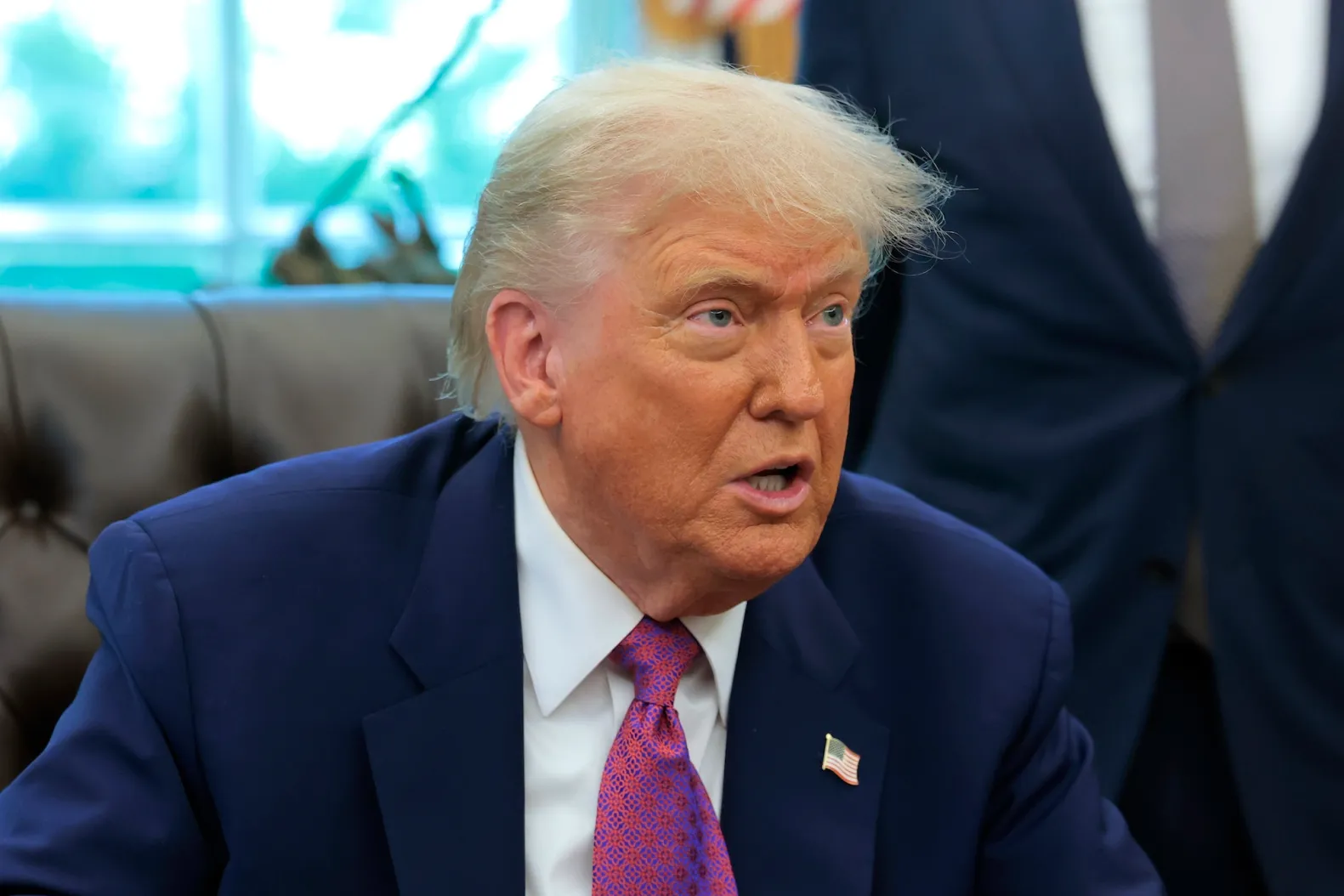Trump’s War on Science Backfires – Judge Rules NIH Cuts Discriminated Against LGBTQ and Minorities
A federal judge has overturned a series of funding cuts made by the Trump administration to health research programs, calling them discriminatory and illegal. The ruling, handed down by U.S. District Judge William Young in Boston, reinstates $3.8 billion in National Institutes of Health (NIH) grants that had been stripped from projects supporting minority and LGBTQ+ communities.

In his sharply worded opinion, Judge Young, who was appointed by President Ronald Reagan, said he had “never seen government racial discrimination like this” in his 40 years on the bench. He accused the Trump administration of deliberately targeting programs tied to diversity, equity, inclusion, and minority health without proper justification.
The judge ruled that the cuts were made “arbitrarily and capriciously,” bypassing both scientific review and legal process. Many of the canceled projects focused on LGBTQ+ youth, racial disparities in healthcare, and gender identity research—fields that have become politically charged in recent years.
The decision came after a lawsuit filed by a coalition of 16 state attorneys general, public health organizations, and academic institutions. They argued that the funding decisions ignored established protocols and unfairly singled out programs supporting vulnerable communities.
Projects that were cut midstream included critical research on HIV prevention among transgender teens, maternal health in Black communities, and mental health services for LGBTQ+ youth.
The judge ordered all affected NIH grants to be immediately reinstated and criticized the Department of Health and Human Services for failing to provide valid reasons for their termination. The ruling also emphasized the danger of letting political agendas dictate scientific research.
While the Biden administration had attempted to reverse some of the damage, this federal court ruling now ensures that the funding must be restored and that future grant decisions must follow the law, not ideology.
The Department of Justice has not yet confirmed whether it will appeal the decision, but legal experts say this ruling could become a key precedent for protecting public health funding from political interference.
As researchers scramble to resume interrupted studies, advocacy groups are celebrating the decision as a major victory for scientific integrity and social justice.


Comments are closed, but trackbacks and pingbacks are open.